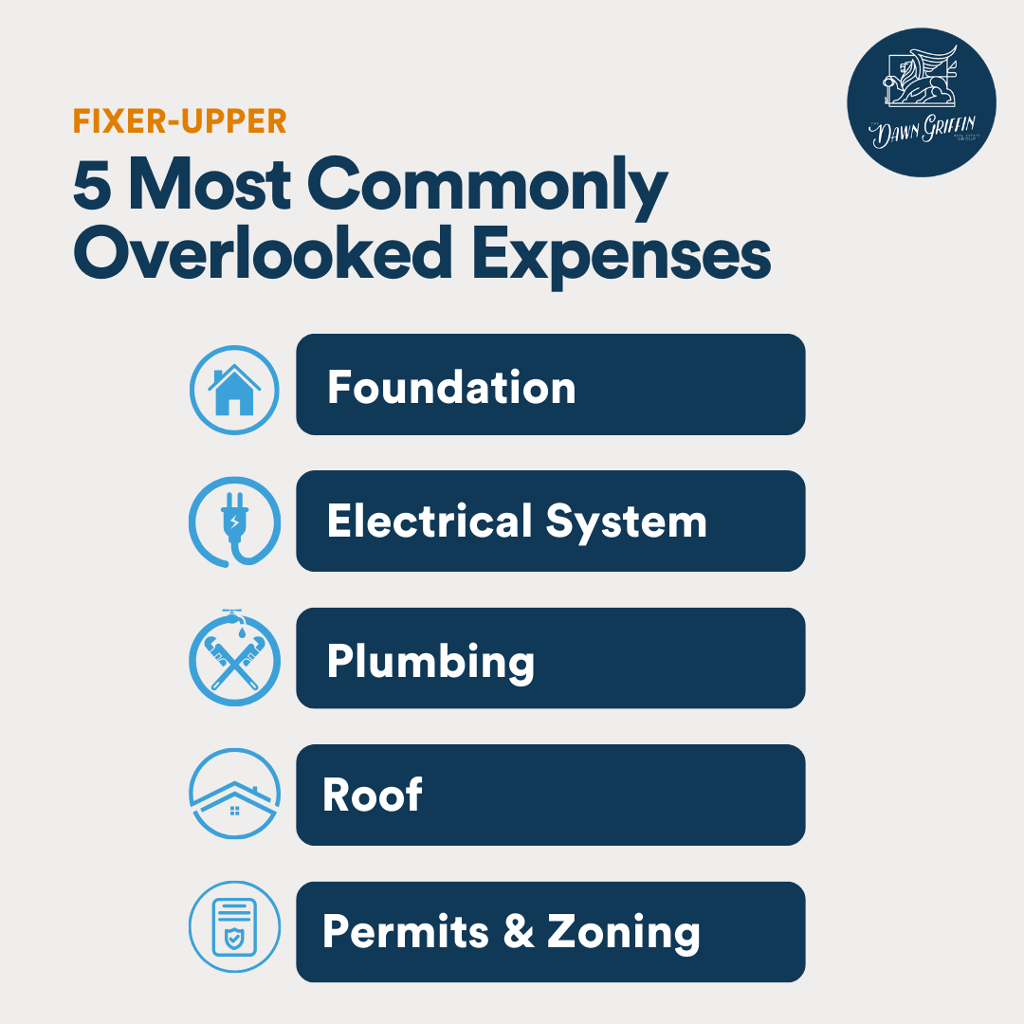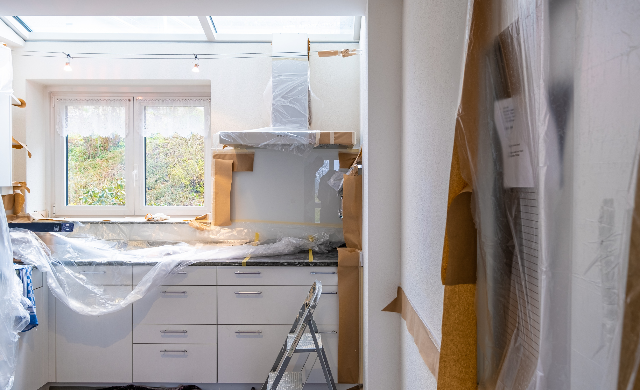Pros and Cons of Buying a Fixer-Upper
Buying a house is a significant investment, and the idea of getting a fixer-upper might seem like a lucrative opportunity. However, it’s important to weigh the pros and cons to determine if it’s the right decision for you. In this article, we will explore the advantages and disadvantages of buying a fixer-upper.

The Pros of Buying a Fixer-Upper
Lower Purchase Price
One of the most significant advantages of buying a fixer-upper is the potential for a lower purchase price compared to turn-key houses in the same area. This allows buyers to enter the property market at a more affordable price point.
Opportunity for Customization
Fixer-uppers provide a blank canvas for homeowners to unleash their creativity and bring their vision to life. If you have specific preferences and want to personalize your living space, then a fixer-upper may be the ideal choice for you.
Potential for Increasing Property Value
By investing time, money, and effort into renovating a fixer-upper, you have the potential to significantly increase the property’s value. A well-executed renovation can result in a higher selling price or increased equity if you decide to refinance.
Less Competition
Fixer-upper homes tend to have fewer interested buyers compared to move-in ready houses. This reduces the competition and can give you the advantage during price negotiations.
Learning Experience
Taking on a fixer-upper project can be a valuable learning experience. It allows homeowners to develop skills in project management, home improvement, and problem-solving. This knowledge can be valuable for future projects or if you decide to pursue a career in real estate.
The Cons of Buying a Fixer-Upper
Higher Renovation Costs
While the purchase price may be lower, the overall renovation costs should not be underestimated. It’s crucial to have a clear understanding of the scope of work that needs to be done and a realistic budget in place before embarking on a fixer-upper project.
Time and Effort
Renovating a fixer-upper requires time, dedication, and effort. If you have a busy lifestyle or lack the necessary skills, it can be overwhelming and stressful. Consider whether you have the time and resources to devote to the project.
Hidden Issues
Older homes often come with hidden issues, such as faulty wiring, plumbing problems, or structural issues. These issues can be expensive to address and may require the expertise of professionals, further adding to the costs.
Uncertainty of Return on Investment
While fixing up a property can potentially increase its value, there is no guarantee that you will recoup all your investment. Market fluctuations, location, and other external factors can impact the return on investment, making it a risky undertaking.
Living in a Construction Zone
It’s important to consider the inconvenience of living through a renovation. Dust, noise, and limited living space can be challenging to deal with on a day-to-day basis. This can affect your quality of life during the renovation process.
Five Most Commonly Overlooked Expenses
When purchasing a fixer-upper home, it’s essential to consider every detail to avoid unexpected surprises and expenses. Here are five commonly overlooked items that buyers should pay close attention to:
- Foundation: The foundation is the backbone of a home, and any issues with it can lead to significant problems down the line. Assess the foundation for cracks, unevenness, or signs of water infiltration, as repairing foundation issues can be costly.
- Electrical System: Outdated or faulty electrical systems are common in older homes. Make sure to hire a professional to inspect the wiring, electrical panel, and outlets to ensure they meet safety standards. Rewiring or updating the electrical system can be a substantial expense.
- Plumbing: Plumbing problems can arise in older homes, such as corroded pipes, leaks, or inadequate water pressure. Verify the condition of the plumbing system, including the water heater, and check for any signs of water damage that may indicate underlying issues.
- Roof: A solid roof is crucial for protecting your home from the elements. Check for missing or damaged shingles, signs of leaks, and the overall age and condition of the roof. Repairing or replacing a roof can be a substantial investment, so factor that into your budget.
- Permits and Zoning: Ensure that any renovations or additions made to the fixer-upper comply with local permits and zoning regulations. Failure to do so can result in expensive fines or legal complications. Research the necessary permits and consult with local authorities before making any changes.
 Conclusion
Conclusion
Purchasing a fixer-upper can be an exciting opportunity, but it comes with both advantages and disadvantages. While it provides the potential for personalization and financial gain, it also requires careful planning, budgeting, and a willingness to take on the challenges that come with renovating. When considering a fixer-upper, weigh the pros and cons carefully to determine if the investment aligns with your goals, resources, and lifestyle. Your realtor should be a great resource for questions and contractor recommendations should you decide to take on a fixer. Our buyer’s specialists can help you determine if a fixer-upper is right for you. Reach out to schedule a free consultation.



